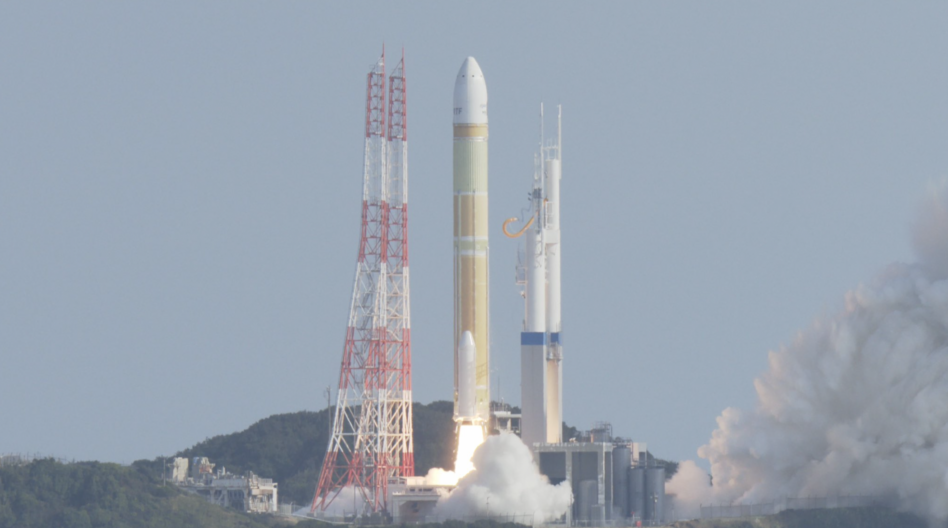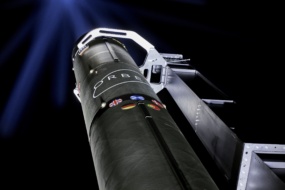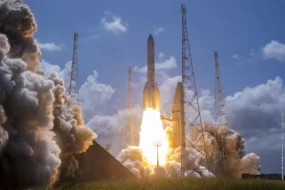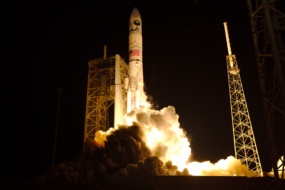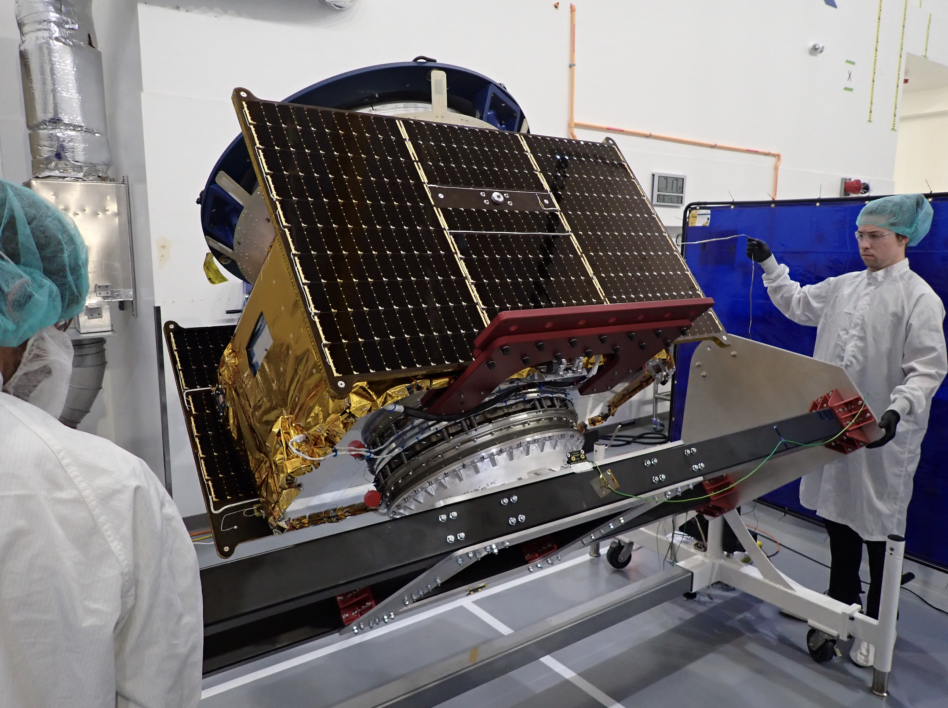The second launch is the charm for Japan’s next-gen heavy-lift H3 rocket.
JAXA’s first launch of H3 ended in failure last year when the agency was forced to terminate the mission after the second-stage engine did not light. For the second launch on Friday, the Japanese space agency redesigned its second-stage vehicle, nailing its flight and deploying three payloads in orbit.
H3 arrives: JAXA has been developing H3 for the past 10 years alongside its contractor, Mitsubishi Heavy Industries, pouring ~$1.5B into the project. The goal for the initiative is to create a successor to the H2-A rocket that is more cost-effective and can compete in the commercial market while ensuring reliable sovereign access to space. The island nation only reached orbit twice last year.
H3 details: The rocket is a two-stage-to-orbit expendable vehicle, with a solid rocket booster appended to the sides for extra oomph.
- JAXA is intently focused on cost reduction, using easy-to-manufacture and dual-use parts.
- In a max configuration, the rocket is capable of deploying 6.5+ tons to GEO.
- The agency is targeting ~$33M in vehicle costs and is reportedly eyeing a ~$50M per launch price tag to customers.
Payload’s take: The rocket’s 6.5 tons to GEO is higher than Falcon 9’s 5.5 ton capacity (in F9’s reusable configuration). Should the H3’s launch price tag settle at around $50M, it could be price competitive with Falcon 9’s reusable launch cost of around $67M. However, the rocket still has a lot to prove, and its fully expendable design limits launch cadence, supply available to the market, and overall efficiency.
